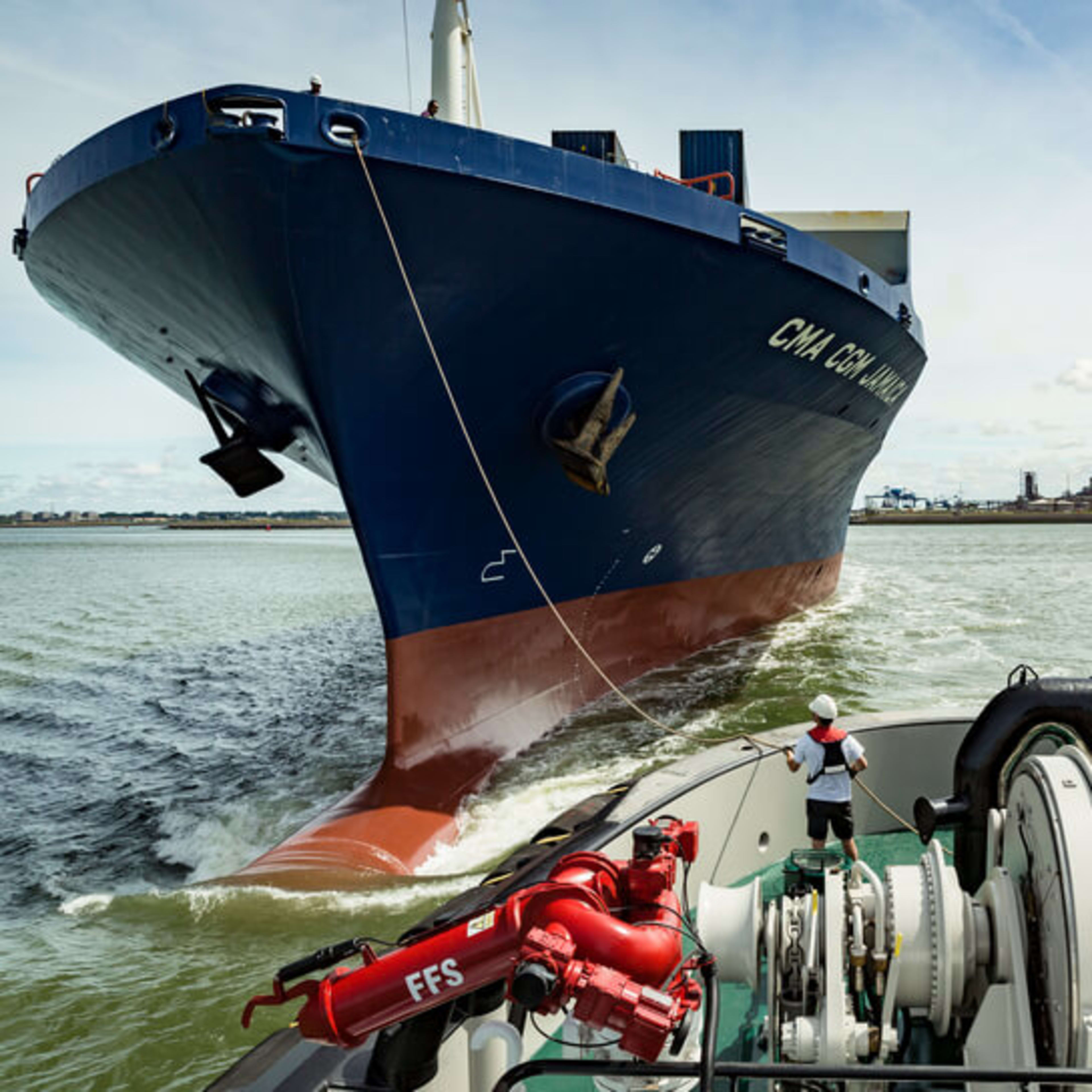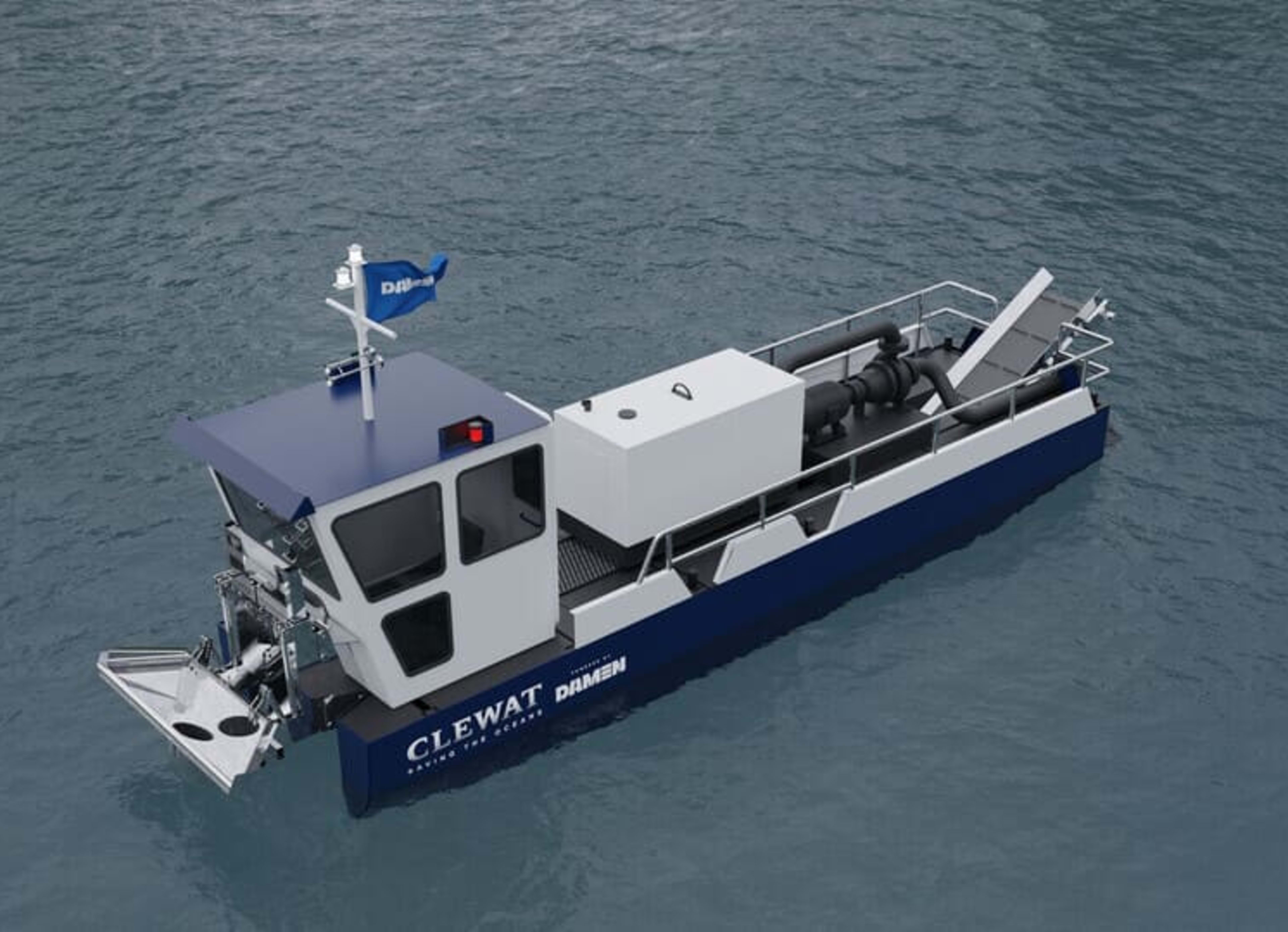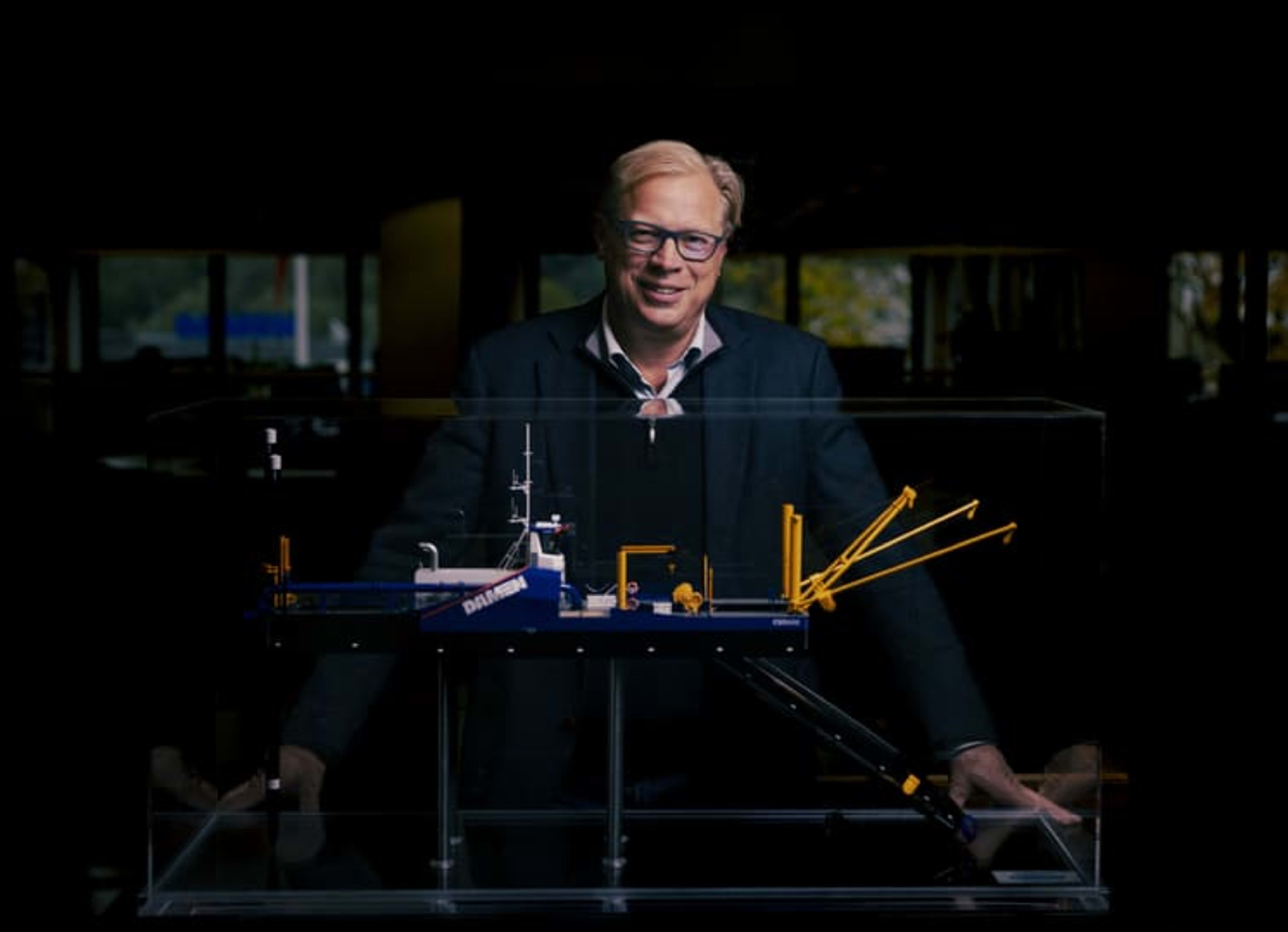Over the past years, Boluda Towage has undergone a process of continual expansion. The company operates around 450 vessels in more than 100 ports in eighteen countries around Europe, Africa, Asia and Latin America. During its growth, the company has acquired a number of businesses and, in the process, a significant fleet of Damen vessels.
Coming quickly to value the boats – as well as the close working relationship that developed with Damen – Boluda went on to commission a number of newbuilds, too. Today, the company operates the largest fleet of Damen vessels on the water.
Recently, Damen CEO Arnout Damen and Boluda Corporación Marítima Vice President Vicente Boluda Ceballos met in Rotterdam for the signing of a new contract. The meeting provided an ideal opportunity to catch up with them both about their vision on the past, present and future of towage as well as the ingredients to a successful longterm business relationship.
Standard setting
“I think it’s a very nice product,” begins Vicente, referring to Damen tugs. “They’ve set an industry standard. If you say, for example, ‘2810’, literally everyone knows what you are talking about – and how it performs. We’ve got an ASD Tug 2810 in our fleet that’s 26 years old and it’s still running well.” In addition to the reliable performance offered by the vessels, Vicente says that Damen tugs also provide support on the labour market.
“The vessels are loved by the crews. If they know it’s a Damen tug, it doesn’t matter which model, they know what they are getting and that they will be comfortable. If you have nice vessels, it helps attract talent to work with you.” It is, however, not the product alone that Boluda places importance in, but also the ongoing relationship that the two companies enjoy, says Vicente.
Competitive advantage
“Our boats are not there to be looked at – they’re there to work. And the work they do is heavy. Plus, with all the new technologies and digitalisation the operation becomes much more complex, so things can go wrong from time to time. Then, the important thing is that you know, wherever you are in the world, that someone is going to pick up the phone and start looking for a solution. And that’s what we get with Damen. They get someone there and they get it fixed. This allows us to show our reliability as a competitive advantage.”
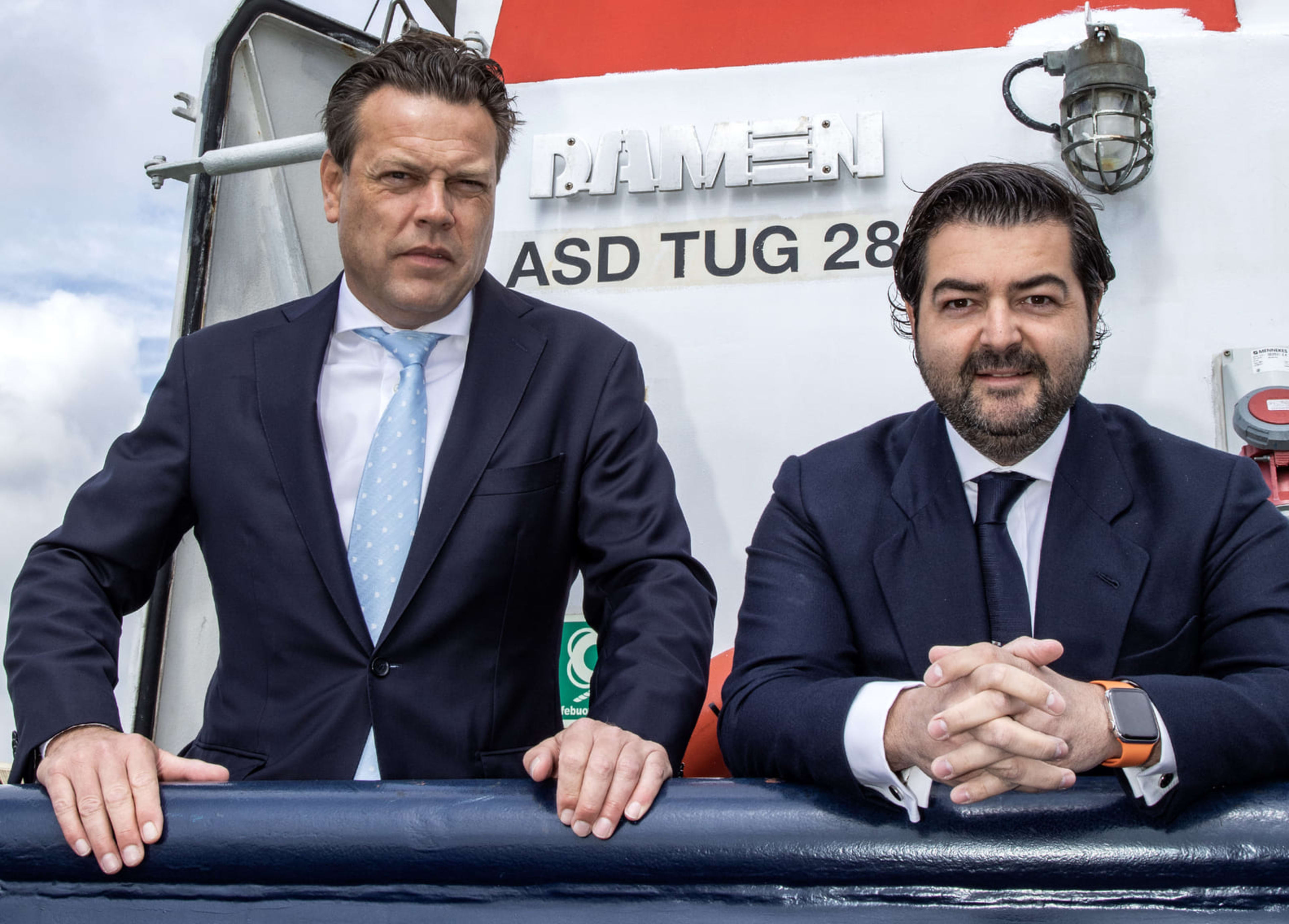
Arnout Damen, Damen CEO and Vicente Boluda, Boluda Corporación Marítima Vice President
Arnout signals his agreement – the ship is just the start. “For us as the shipbuilder, delivery is when the journey begins. After that, the client should start to earn with the boat. It’s key that they have maximum uptime. That’s why we place so much emphasis on services – that’s what keeps the boat going.”
For Boluda, with its diverse operations around the world, the aftersales support it requires from Damen can differ, but frequently includes vessel delivery, part packages, use of Service Hubs or provision of drydocking at a Damen repair location.
Shared philosophy
In addition to Damen’s products and services, there is another element to the strong relationship between the companies; a common philosophy.
“The fact that we are both family companies makes things a lot smoother,” states Vicente. “There is one decision maker on both sides, both of whom share a philosophy and who understand each other’s operation completely. That makes it easier – and quicker – to establish what can and cannot be done and where we are going.”
Again, Arnout agrees, saying, “In this sort of situation you have a relationship. You look one another in the eyes, and you shake hands. You know that if an issue arises, you will work together to solve it. It’s not about making a quick buck, it’s about building a relationship that will last, generation after generation.”
Ensuring product evolution
This long-term thinking that characterises both companies, is crucial for the development of Damen’s product portfolio, Arnout explains.
“Working together with a customer, as a partner, over a long period of time gives us valuable input and the knowledge. It’s important that the relationship is good, not only at the commercial level, but also at the technical level. Our guys from development speak to their captains, superintendents and fleet managers and get the feedback we need. We get to know how the client operates and what they need for the next generation of boats – not only the bollard pull, but also the sustainability. That’s key for our product evolution.”
The contract recently signed in Rotterdam is a case in point. With this, the companies have agreed to the joint development of Europe’s first methanol powered tug.
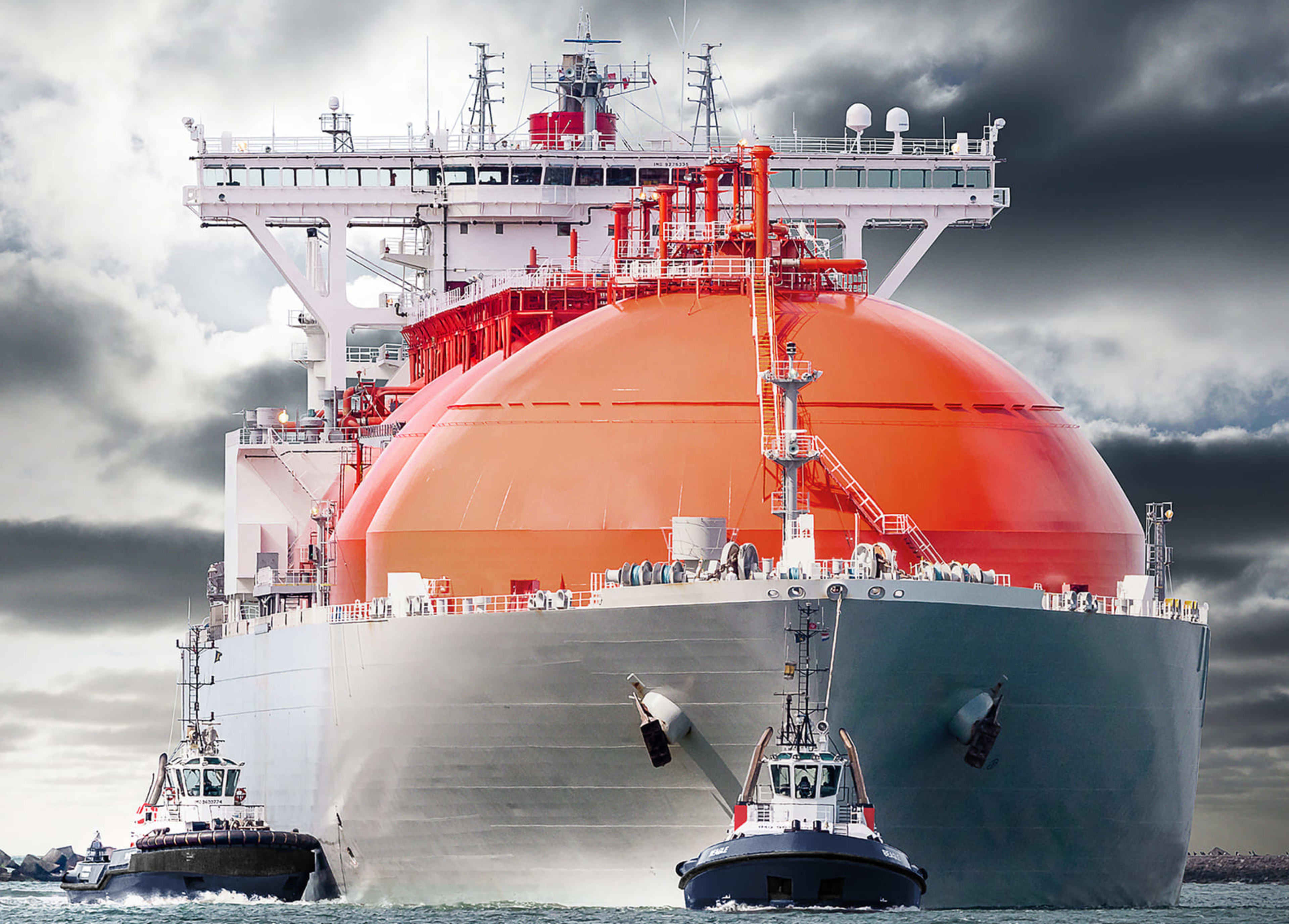
Invested in sustainability
Boluda has already invested considerably in greening its fleet, retrofitting existing tonnage with Damen’s NOx Emissions Reduction System and commissioning numerous IMO Tier III compliant newbuild vessels.
With Damen’s ambition to become the world’s most sustainable shipbuilder, it’s only logical that the two companies should pool their resources, a leading builder working with a leading operator to advance the maritime energy transition. As Vicente says, achieving the transition is going to require collaboration.
“Sustainability is the most important word in the maritime industry these days. But it’s going to require multiple party participation. It’s not only down to operators and builders, it’s also going to require authorities to make regulations to ensure there is a level playing field. And it’s going to need equipment manufacturers to think along, too.”
All options on the table
“Let’s be honest,” he continues, “if there is one thing that is clear at the moment, it’s that no one is really sure what the future will be. There is a large spectrum of possibility, but no one can pinpoint, which technology will, ultimately, be ‘the one’. Will it be synthetic fuels, will it be methanol? Electric propulsion is having some exciting results, but it is not applicable in every case. Right now, what’s important is that we work together. For the two of us, it’s about how to put systems in place for making the tugs more efficient. This way, we create the bridging solutions that will lead us, step by step, to the future.”
“All options are on the table,” rejoins Arnout. “We are holding regular discussions and brainstorms to maximise sustainability. With our relationship we can come up with ideas and test them. This will help us to develop cleaner ships. It’s going to take some time, but we will continue to work at it together. After all, we’re both interested in securing the future of our business and our industry for the next generation.”
Receive our newsletter
Get Damen updates, news and amazing offers delivered directly to your inbox.
